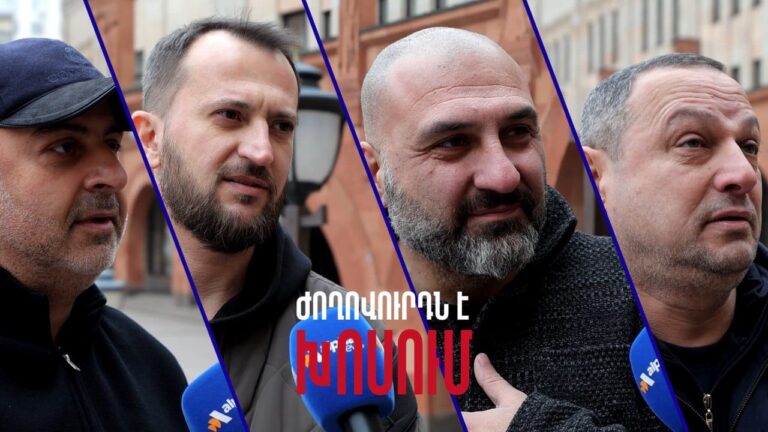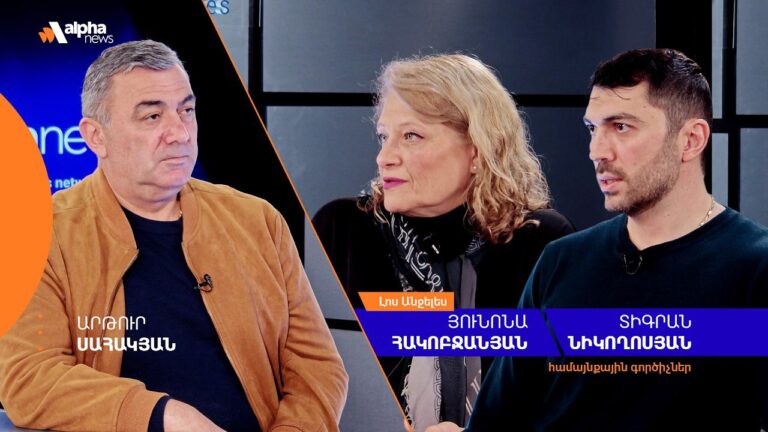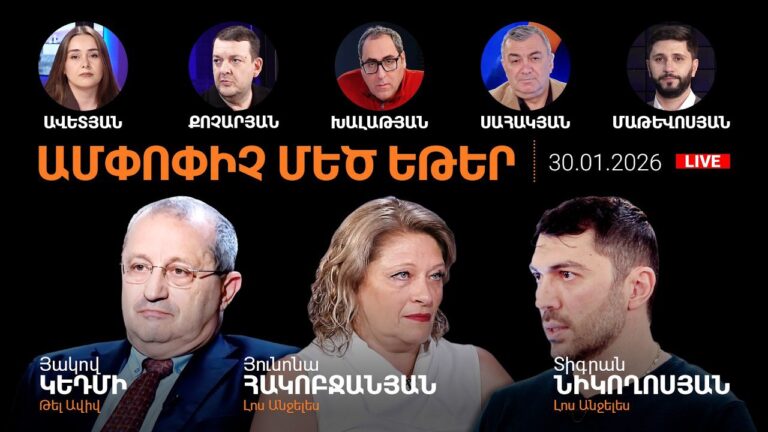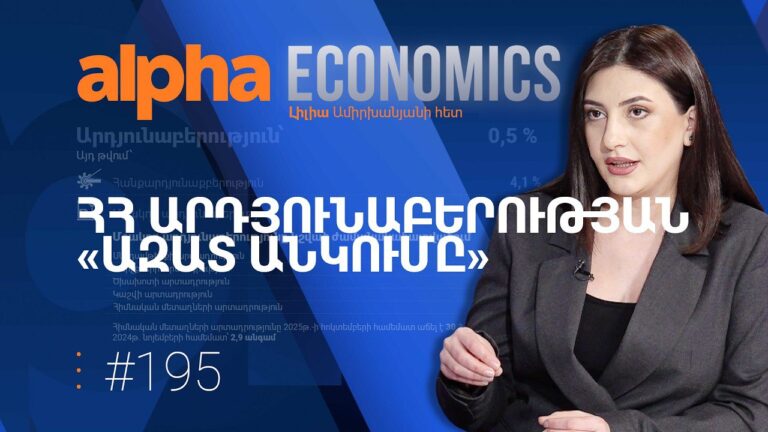There will be neither opening of communications nor return of the occupied territories of Armenia
August 13 2024, 12:40
From the statements made by the Azerbaijani president’s envoy for special assignments, Elchin Amirbekov, last week, we learned that, by mutual agreement of the parties, an article concerning regional communications was withdrawn from the draft “peace treaty”.
This means that even if some kind of “peace treaty” is signed, it will not lead to the automatic unblocking of communications.
By the way, Amirbekov also said that Armenia agreed to settle other “problematic” issues after signing the peace treaty. In particular, he mentioned the dissolution of the OSCE Minsk Group and the withdrawal of Armenia’s claims submitted to international courts. The Armenian authorities have not commented on these two points yet.
The delimitation of state borders as well as the de-occupation of the territories of Armenia can certainly be included in the “problematic issues”, issues that are of existential importance for Armenia.
In 2021–2022, according to official data, Azerbaijan, as a result of a number of military operations against the territories of Armenia, occupied about 200 square kilometers of the sovereign territory of the republic, in particular the territories near the Armenian town of Jermuk.
Do you remember how in September 2022, the Chief of the General Staff of the Armenian Armed Forces, Eduard Asryan, not only told that Azerbaijan attacked the sovereign territory of Armenia with a front 8.5 km wide and penetrated to a depth of 7.5 km, but also stated that as a result of the actions of the Armenian side, the enemy, who would be deprived of the opportunity to establish military logistics, would leave the territories near the Armenian towns. However, the reality is that not only did the enemy not leave the territory near Jermuk as a result of the “professional actions of the Armenian army” but also as a result of no less “professional actions” of the Foreign Ministry and Nikol Pashinyan, the enemy may not leave the territory of Armenia for a long time.
However, neither Amirbekov nor the Armenian Foreign Ministry spoke out on these two issues. Moreover, add to this what NA Speaker Alen Simonyan said back in December—in his opinion, the issue of defining borders with Azerbaijan can be considered separately after the parties sign a peace treaty—and it becomes clear that the “peace treaty” with Baku will not give either unblocking communications or de-occupation of territories or clarity on delimitation issues.
It is also noteworthy that with the increasing demonstration and understanding that Nikol Pashinyan is a political bankrupt and his political project “era of peace”/”crossroads of peace” is nothing more than an inflated propaganda bubble, the number of Reels and TikToks by Pashinyan is growing dramatically. However, it is obvious that the love and support of 2018 cannot be returned to Pashinyan, and the Armenian people will go down in history as a people who wanted to live better but plunged themselves into the abyss of problems. And here is the question: if the authorities are unable to implement their own political project, why, for what, and for whom should they continue to rule the country?
Think about it…







